Here are five players who should be in the Hockey Hall of Fame:
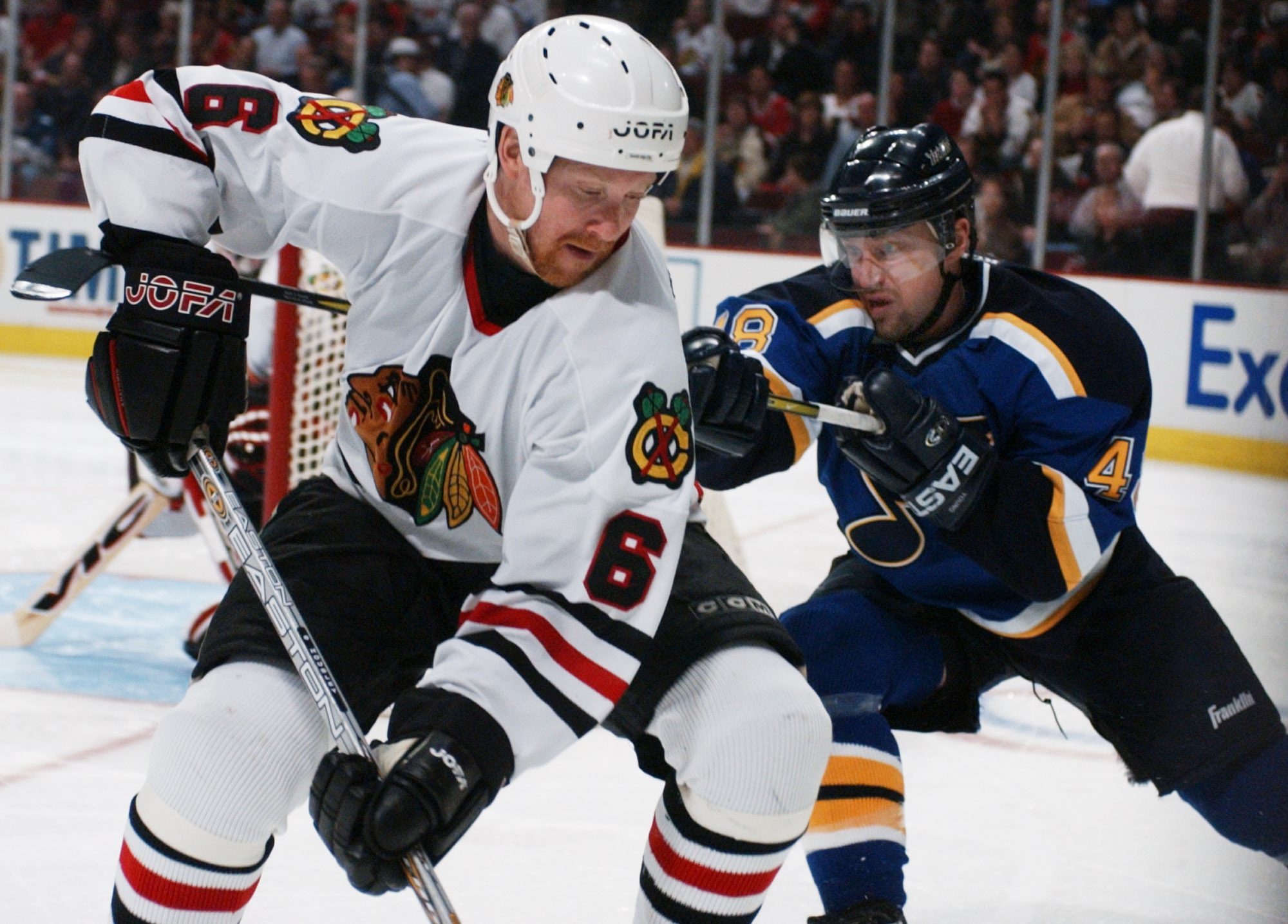
Phil Housley
The second-best U.S.-born defenceman was a point-a-game player in his prime and was an offensive star during his time with the Buffalo Sabres and Winnipeg Jets. Along with Paul Coffey, Housley was part of a generation of defencemen who redefined the position, paving the way for players like Erik Karlsson and Mike Green.
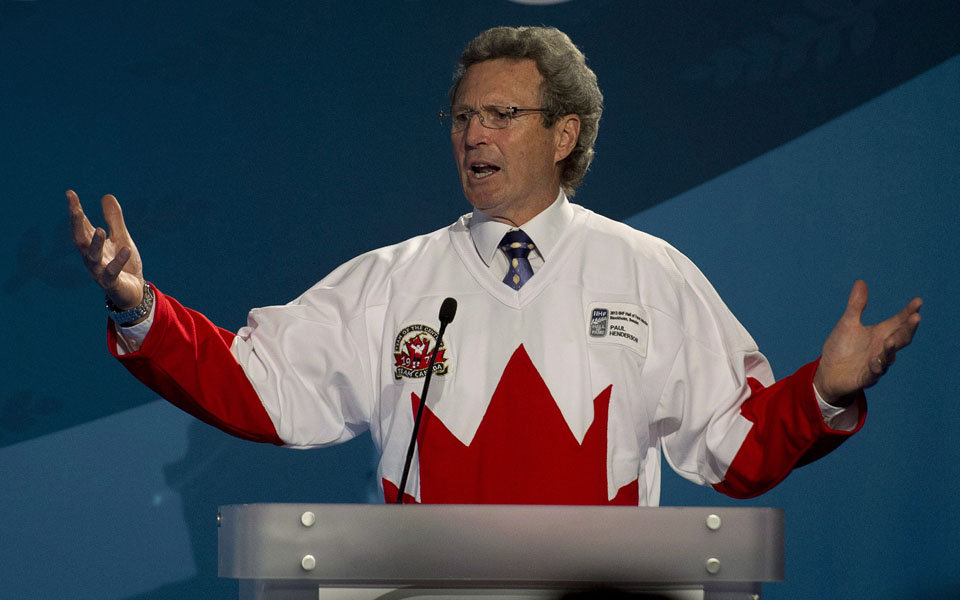
Paul Henderson
Henderson scored the most memorable goal in hockey history as Canada beat the Soviet Union in the 1972 Summit Series, which should get him in above all else. His NHL and WHA totals aren't remarkable: 376 goals and 384 assists in 1,067 combined games, but his place in history should be enough to warrant induction to a place that showcases the sport's vital moments.
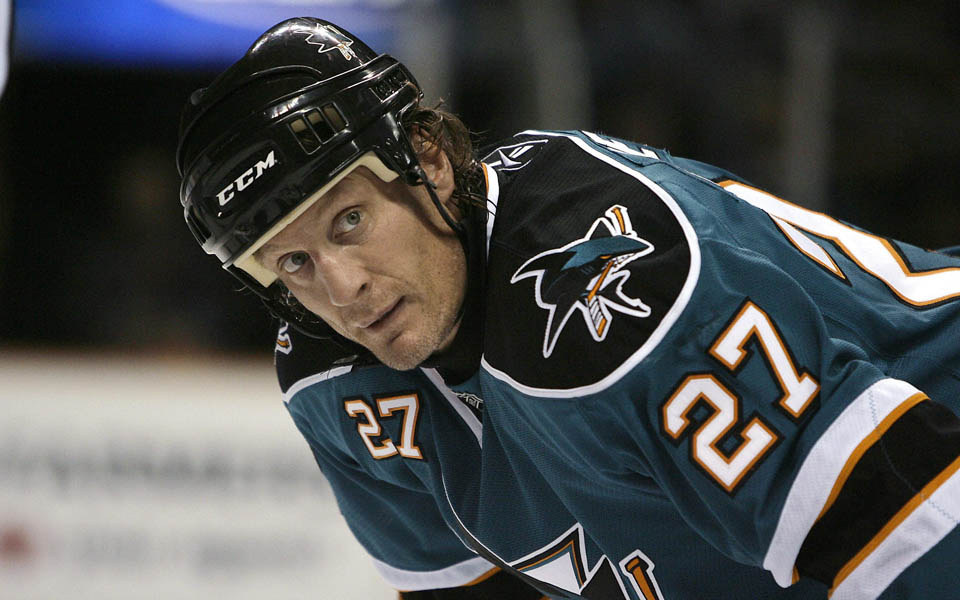
Jeremy Roenick
Roenick was part of a generation of early-1990s players who helped the growth of hockey in the U.S. beyond just on-ice performance. The charismatic Roenick also had three 100-point seasons and helped the Chicago Blackhawks make the Stanley Cup final in 1992. His 513 goals and 703 assists have him on the borderline, but his nine all-star game appearances showed how popular a player he was.
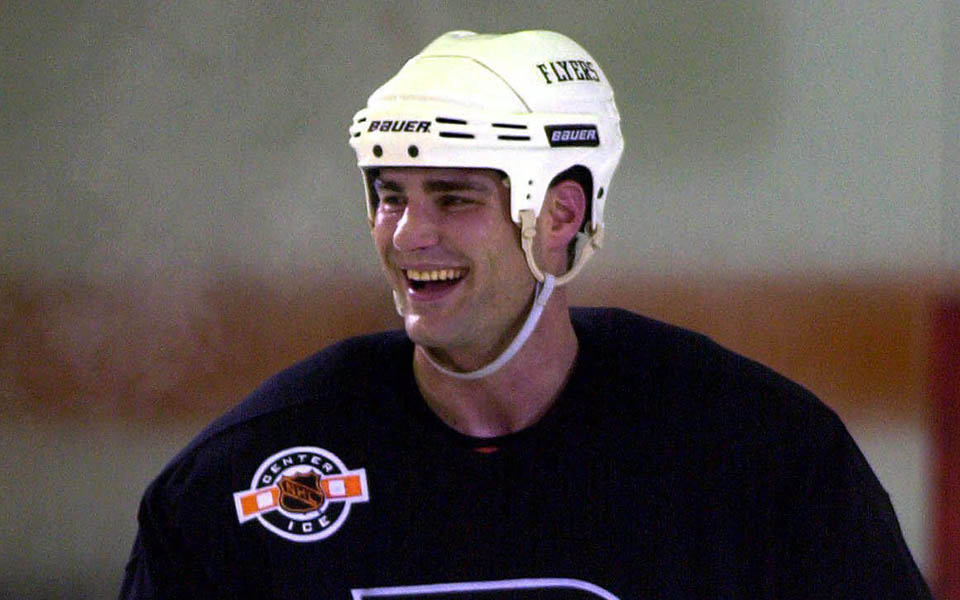
Eric Lindros
A lack of longevity is the biggest argument against Lindros, but the Flyers centre was arguably the most dominant player in the NHL for a period of time. That time may have been short — somewhere around his Hart and Art Ross Trophy wins in the lockout-shortened 1994-95 season — but teams around the Eastern Conference changed their rosters to combat Lindros, and that respect is Hall of Fame-worthy.
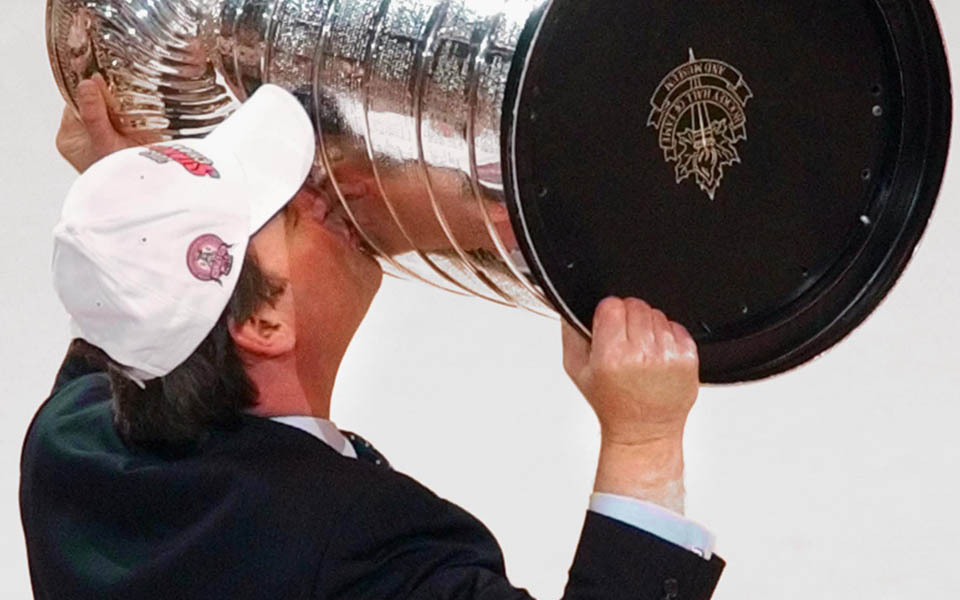
Pat Burns
Burns' candidacy was strongest before the longtime coach's death in 2010, but it shouldn't be forgotten now. He won one Stanley Cup with the New Jersey Devils in 2003, but in 12 full seasons behind the bench Burns' team missed the playoffs just once. He won three Jack Adams Awards with three different teams.
 Housley
Housley Henderson
Henderson Roenick
Roenick Lindros
Lindros Burns
Burns